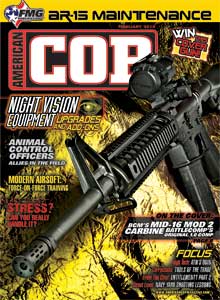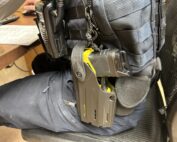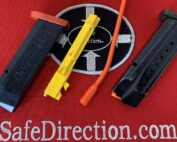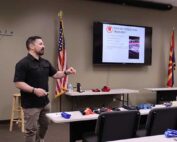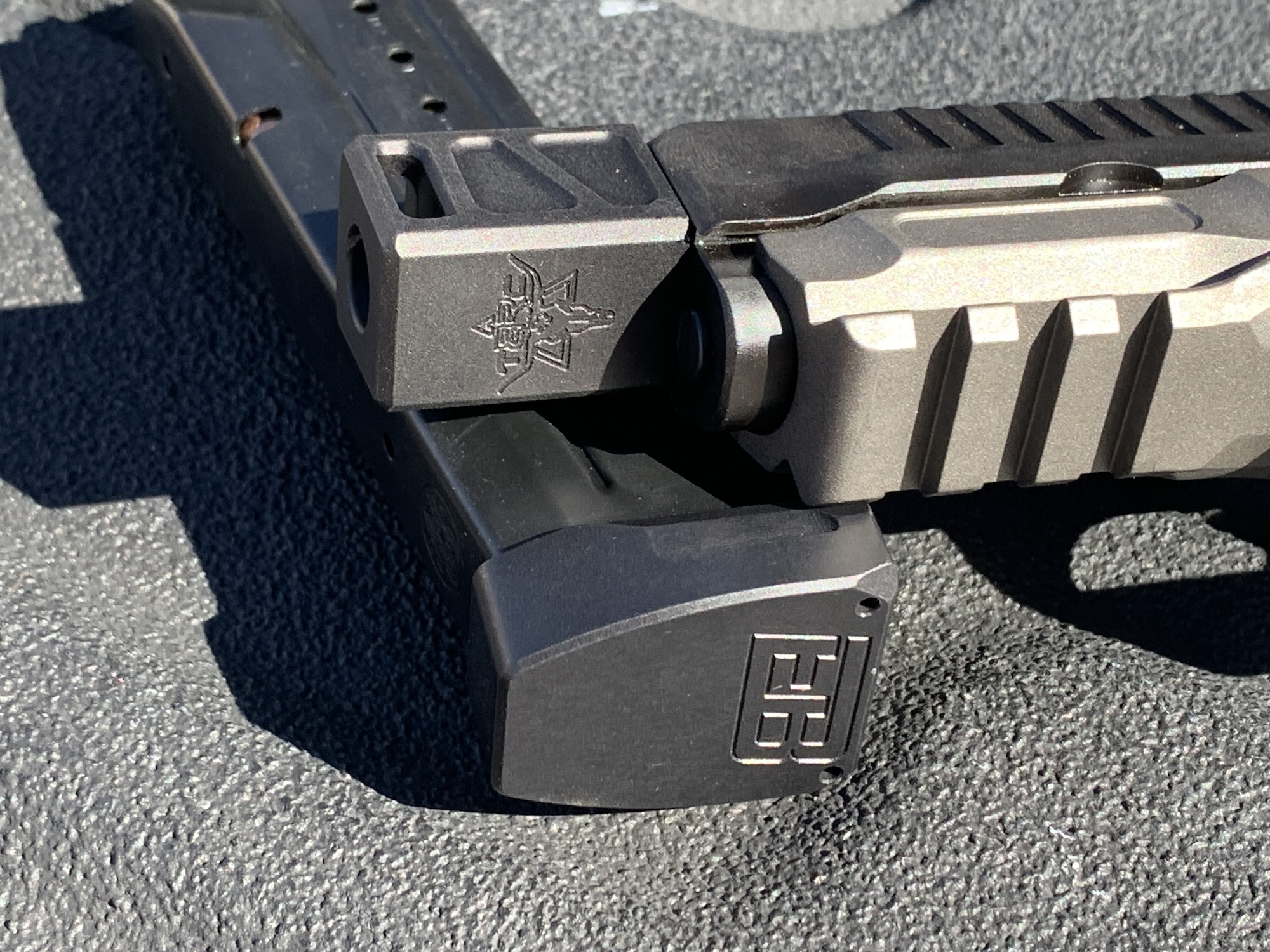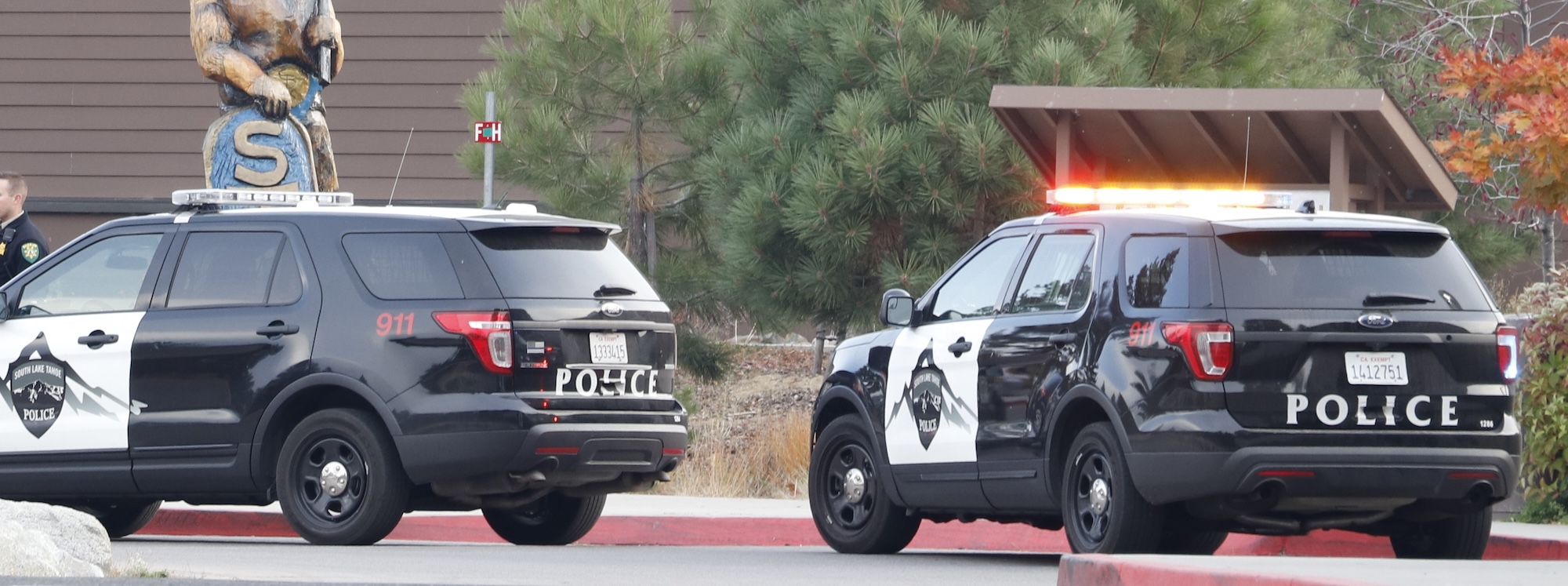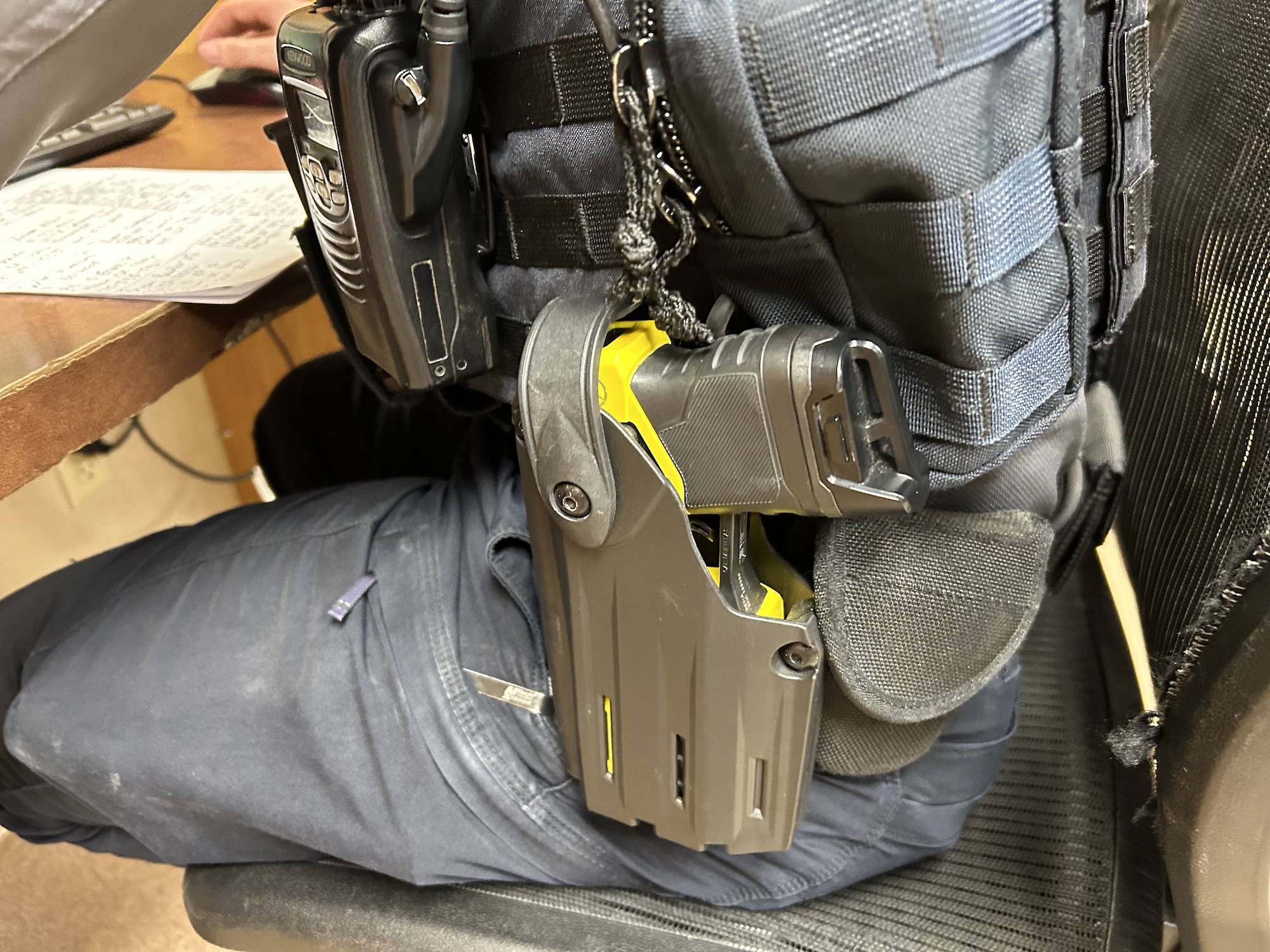
ANIMAL-1
Allies In The Field.
When Chris Donelan was elected Sheriff of Franklin County, Mass. in 2010, one of his goals was to bring a professional animal control operation to the county in which he had previously served as a police officer and state representative. In his cop days, he had seen firsthand the distress lost and abandoned dogs caused their owners and the public. I had seen the same things during my police career in the same county.
I remember the stray dogs we had no place to house, and the frantic calls from owners who had lost their dogs — I was one of those frantic owners once. I also remember the neglected dogs we discovered on raids. Now I’m no longer on the job, I volunteer at Sheriff Donelan’s Regional Dog Control and Adoption Center, so I get to see the Animal Control Officer’s (ACO) job from the other side.
Helpful Resource
Deputy Leslee Colucci is the director of the center. A law enforcement academy graduate, sworn officer and certified ACO, she has a lot to say to her fellow officers about working with “the dog cops.” Take your ACO seriously.
Colucci says, “We deal with the same people you do, but in a different and often less confrontational way. We’re often in their residences and frequently we learn things useful to you in building PC in a case.”
She also points out ACOs can sometimes get into a residence when you can’t. While they need warrants based on PC — just like you — people will often voluntarily let them into their homes. If you’re conducting a raid, request an ACO to stand by, just like you would an ambulance. If you find animals inside needing attention, particularly if you’re hauling everyone inside off in cuffs, they can attend to the critters for you. You don’t want to just lock the animals in a room when you leave.
Realize ACOs deal with many of the same sketchy people as you. In smaller communities it’s not uncommon for ACOs to work off the same dispatch frequencies as the police, so you should treat their calls for assistance as you would if your beat partner calls for help.
A slip lead is a simple piece of safety gear you should carry.
Ralph used one many times while working patrol. It’s easy to make,
or buy an inexpensive one.
Limitations
One area of frustration for fellow cops and the public alike is they don’t realize ACOs can’t just seize an animal that’s in a bad situation. They have to get a warrant based on PC of a crime — such as neglect or cruelty — and their options depend on whether or not the crime is a felony in your jurisdiction.
One thing, both irresponsible and making an ACO’s life much more difficult, is dropping off animals improperly. Deputy Colucci says, “You wouldn’t just dump evidence in the evidence lock-up with no paperwork or data entry, so don’t just dump a dog in the kennel and drive off.
Fill out the proper forms so the AC staff has some idea of what the dog’s story is when they arrive the next morning.” As one of those “staff” now, I can tell you this is huge.
A handoff like this to an animal control officer can be a huge
help if you have your hands full in the field. Treat them as the
allies they are — and cover them on calls if they reach out for help.
Making It Happen
Caring for lost, stray, abandoned or seized dogs is a high-profile task all citizens expect their government to do. Do it well, and you have an ongoing positive PR engine. If your jurisdiction can’t afford a proper ACO function and shelter, regionalize it. Sheriff Donelan made it a county function and funds the operation partially from nominal fees from the participating towns. He obtained $20,000 of state seed money to refurbish an old town-owned building into a proper shelter, and with inmate labor and donations he accomplished over $100,000 worth of renovations.
Ongoing expenses are largely covered by having volunteers care for the dogs and fundraisers (run by volunteers), for large expenses such as veterinary care. It can be done.
It’s also a great idea to carry a slip lead in your cruiser to snag the stray dogs you have to deal with. I used mine regularly when I was in uniform. Yes, it probably isn’t your job, but you can still bring them to the shelter. You’d want some other cop to do the same if it was your dog.
By Ralph Mroz
Order Your Printed Copy Of The American COP February 2014 Issue Today!
Download A PDF Of The American COP February 2014 Issue Now!



